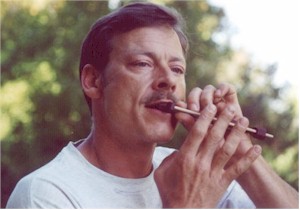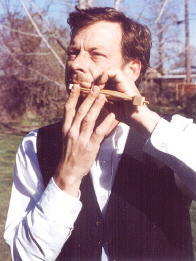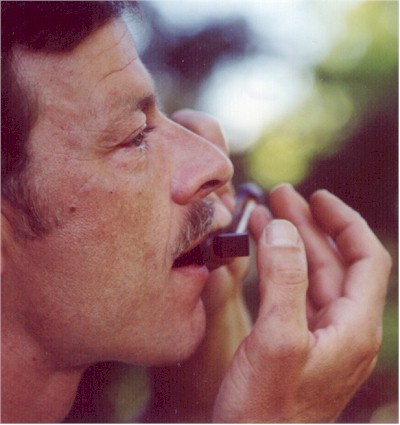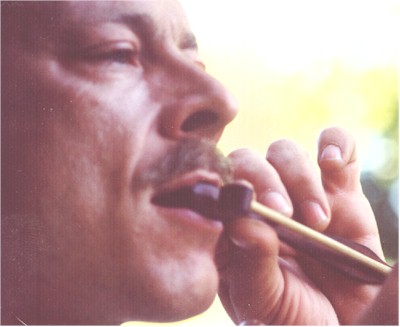
Thanks for visiting MouthMusic.com. We have recently gone through a transition of ownership. While we work out the kinks of upgrading the look and functionality of our website we will continue to focus on selling the harps you currently see. If you have any questions please reach out to us. Keep On harping! +1 (215) 692-7109 is the new number. 10AM to 6PM ET.
Scott Burman
orders@mouthmusic.com






